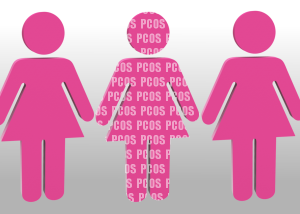All You Need To Know About Polycystic Ovary Syndrome (PCOS)!
By Dhwani Jerajani +2 more

Download PharmEasy App




Register to Avail the Offer
Send OTPBy continuing, you agree with our Privacy Policy and Terms and Conditions
By Dhwani Jerajani +2 more
 You May Be At Risk for Vitamin B12 Deficiency
You May Be At Risk for Vitamin B12 DeficiencyLinks and product recommendations in the information provided here are advertisements of third-party products available on the website. PharmEasy does not make any representation on the accuracy or suitability of such products/services. Advertisements do not influence the editorial decisions or content. The information in this blog is subject to change without notice. The authors and administrators reserve the right to modify, add, or remove content without notification. It is your responsibility to review this disclaimer regularly for any changes.
Comments